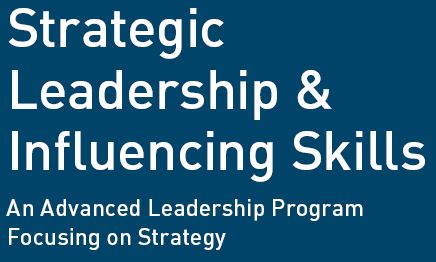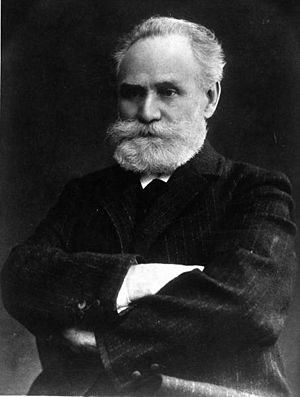This website uses cookies, including third party ones, to allow for analysis of how people use our website in order to improve your experience and our services. By continuing to use our website, you agree to the use of such cookies. Click here for more information on our and .
 Neuro-linguistic programming (NLP) can help you to achieve better results in the workplace, whether it is leadership development, improving negotiation skills or gaining confidence.
Neuro-linguistic programming (NLP) can help you to achieve better results in the workplace, whether it is leadership development, improving negotiation skills or gaining confidence.
NLP connects neurological processes, language and behavioural patterns learned through experience to help achieve specific life goals – and one of the techniques used to do this is ‘anchoring’.
Anchoring is the use of an external stimulus – whether it’s a sound, an image, a smell, a taste or something touched – to elicit a consistent internal response, whether in yourself or someone else.
NLP anchoring shares common characteristics with the classical conditioning experiments by Russian physiologist Ivan Pavlov, in which he trained dogs to salivate upon the ringing of a bell, as this indicated food was coming.
Even in instances where the dog was not fed, it would continue to salivate when the bell was rung. Experiments such as this have been completed with different animals and humans, many with similar results.
NLP anchoring
These reflexive associations can create negative or positive emotions or states of thought – but NLP anchoring attempts to break bad associations and create good ones.
By building better bonds, you can use the anchors to engender feelings of positivity, optimism and motivation when it is most needed, such as in learning environments, stressful situations or following bad news.
However, it is also important to quash negative feelings that may be associated with certain stimulus, which can help you to overcome procrastination or fears of public speaking.
NLP anchoring can also be used to reinforce positive emotions in others, with particular gestures or body language, for example, helping you to build confidence and motivation within a team.
Finding effective anchors is an important part of the process, with different people having a predisposition for certain external influences, whether it is music, colours or odours.
Basic steps of NLP anchoring
While NLP practitioners and trainers all have slightly different approaches, there are a number of techniques that are commonly used in anchoring.
State of mind: To make or break an anchor, it must be first brought to the fore. In other words, the individual must select a desired emotion – calmness or confidence for example – and then recall a situation in which they have experienced that feeling.
The more powerful the experience, the more likely it is to produce effective results when anchored to a stimulus.
Anchor the emotion: Once the person has recalled their experience and is feeling it at its strongest, a unique stimulus must be anchored to this state of mind.
This can cover any of the senses, such as clicking your fingers, gesturing with your hands or saying a particular phrase.
 Break the state: The individual should then bring themselves out of the state of mind by thinking of something neutral or walking around until it has dissipated.
Break the state: The individual should then bring themselves out of the state of mind by thinking of something neutral or walking around until it has dissipated.
Repeat the process: These steps must be cycled through a number of times to ensure the anchor takes root. Therefore, the state of mind must be re-accessed several times so that the link to the anchor becomes stronger.
‘Firing’ the anchor: To truly test whether the process has worked, the practitioner must practice trying the anchor without accessing the memories on which it is based.
Firing the anchor should now elicit the positive feelings that you want to experience without the need to use recall techniques. If it doesn’t work, you will need to repeat the first three steps a few more times.
Apply: Once the anchor is entrenched, you should be able to create these positive feelings in everyday situations to boost your productivity and overcome negative emotions.
Related articles
- Buddha and NLP – Way Ahead of His Time? (barebonesbuddhism.wordpress.com)

